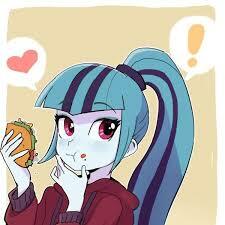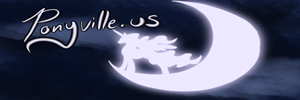No.1201480[Reply]
File: 1762201363256.png (906.83 KB, 500x2543, 500:2543, slacking.png) ImgOps Google
Some time ago, there was a thread asking for how difficult it was to get into the job market.
Well,
We're like way in our thirties, forties and fifties now.
And sometimes I still wonder, how easy it is to stay in a job, given you don't force your way out of it.
Sometimes I hear stories of people who barely show up for work and never ever get fired.
Sometimes I hear stories of people being written up and threatened with unemployment because they don't work that 1 day extra without compensation.
Or maybe sometimes people are just let go because AI or off-shore can do their job cheaper.
So, in all our experience, how secure have you felt for staying in your job?
8 posts and 5 image replies omitted. Click reply to view. No.1201704
File: 1762846482570.jpg (12.89 KB, 272x185, 272:185, surely.jpg) ImgOps Exif Google
>>1201480still waiting 4 enough $ from society 2 finish college @ semi-decent school & then 4 somepony i semi-respect 2 explain wat a job is so i can share my ponies with ponies
No.1201705
File: 1762847458734.jpg (11.15 KB, 190x266, 5:7, silvershill.jpg) ImgOps Exif Google
>>1201649i used 2 work at goodwill in the store. 1st time 16+ years ago - corporate fired a good manager 4 no good reason -- ...most of the store quit as well -- actually, corporate tried to say she quit but was able to win unemployment -- had a few gatherings in the years that followed. then 8 years ago, different location, another seemingly decent manager got fired 4 no good reason - turnover was very high - in 2 years, 80-90% new workers at store
biggest point of contention: they push impossible productivity standards (which are only possible under the most ideal of conditions and even then difficult) for clothes processors. racks are either made up or number of articles on rack inflated by up to 2x (usually putting 60 or so on instead of 100, tho) 2 compensate for impossible rate
No.1201709
File: 1762865615333.jpeg (9.9 KB, 225x225, 1:1, images.jpeg) ImgOps Google

I get away with a lot at my job, and I try not to abuse that but they seriously trust me here. I'm not entirely irreplaceable but there's not a lot of skilled tradesworkers out there who would work for the rate I do, and the time it would take to hire and train my replacement would be significant. It's not peanuts though; I do get paid well above minimum wage.
Honestly I could probably get paid more somewhere else, but my current boss and I have am understanding about my migraines so I'm not leaving him without a similar level of understanding and a decent pay bump. I pretty much come and go as I please as long as I don't hang them out to try on orders. Again, I try not to abuse that but If I have to leave early without warning or call off without warning all he really wants is something like "migraine" "back pain" or "illness" for the books.
I may eventually leave if the stocks trading becomes reliable, but for now I'm extremely likely to stay right where I'm at.
